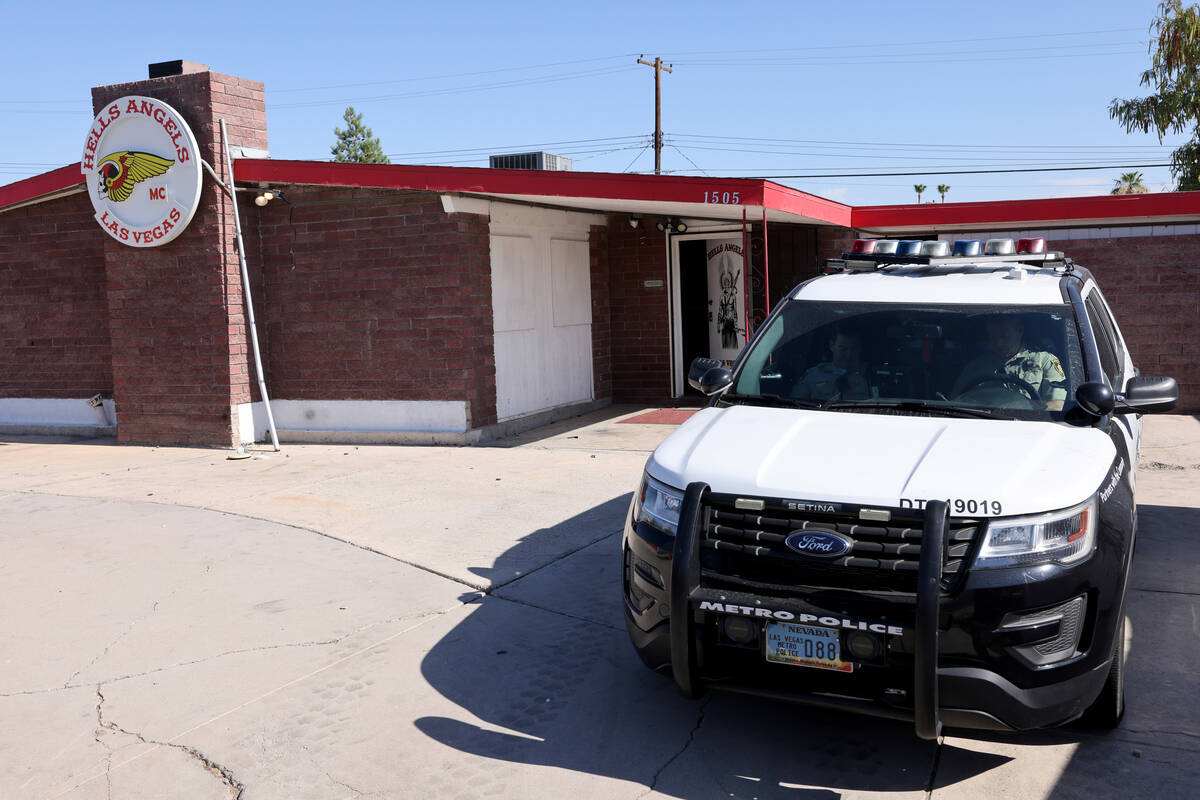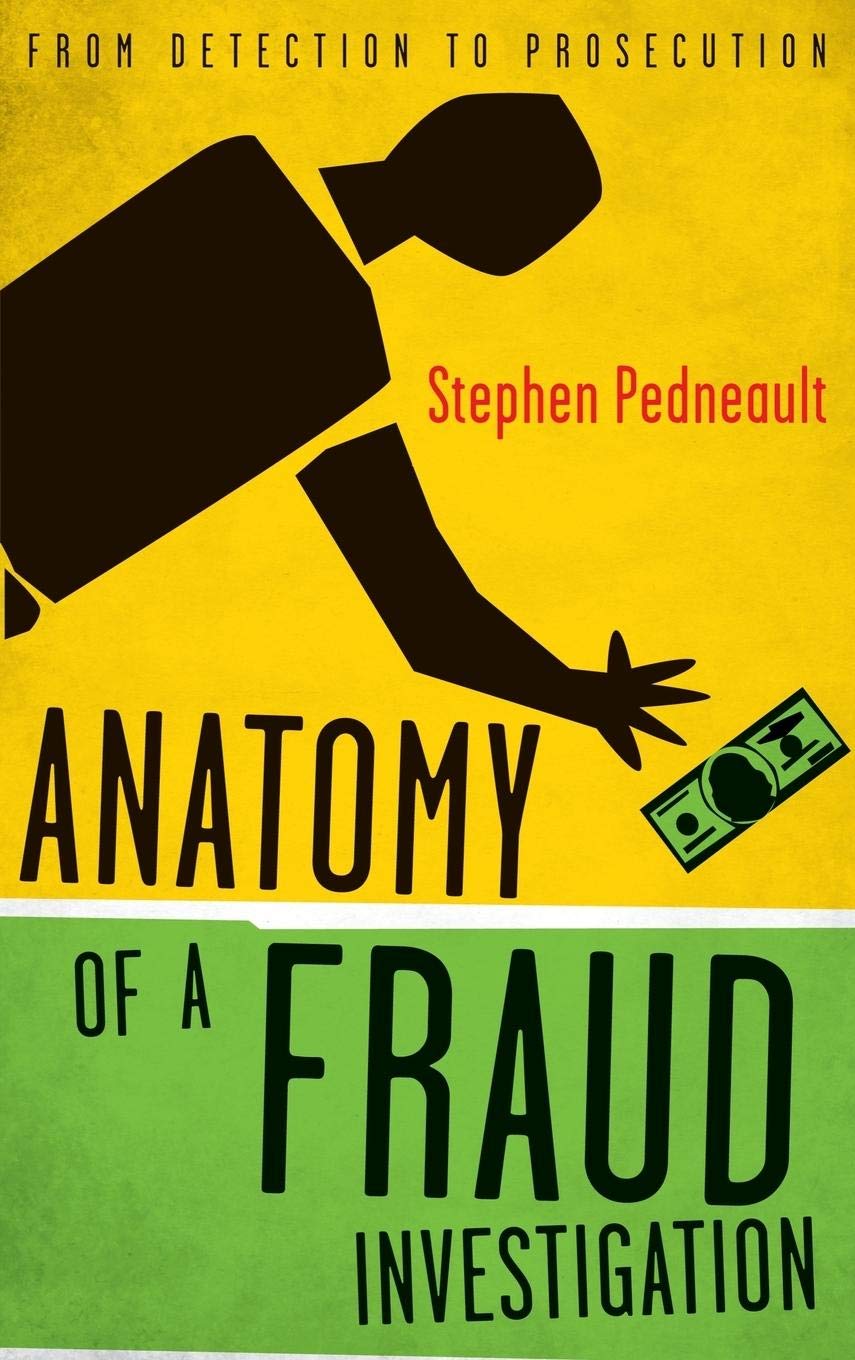Las Vegas Hells Angels motorcycle club members accused of targeting a rival club in a Henderson highway shooting can be prosecuted as gang members under state law, the Nevada Supreme Court ruled Thursday.
The 2022 Memorial Day shooting on Interstate 11 — which Clark County prosecutors alleged targeted Vagos Motorcycle Club members — injured seven people.
Addressing that case, the higher court ruled that there was enough probable cause to classify the Hells Angels as a criminal gang.
Indicted Hells Angels members included local chapter President Richard Devries.
District Court Judge Tierra Jones in 2023 dismissed some of the charges the suspects were facing, including racketeering, gang enhancements and 20 of 25 shooting-related counts.
Jones had sided with defense attorneys who had argued that the indictment failed to properly specify which defendants engaged in alleged racketeering activities.
Police told a grand jury that investigators recovered 25 spent bullets on the highway.
Jones noted that prosecutors only presented evidence from a witness who testified that one of the suspects fired five rounds.
Defense attorneys countered that the state failed to consider exculpatory evidence that some of the Vagos members had guns and that one of the indicted suspects, Rayann Mollasgo, had also been shot.
‘Criminal gang’
“We conclude that this was an error because the State presented at least slight or marginal evidence to support a reasonable inference that Hells Angels members commonly engage in felony-level violence directed at rival motorcycle clubs, such that that group constitutes a criminal gang,” Supreme Court justices wrote in their ruling.
Added the higher court: “Because the District Court substantially erred in dismissing the gang enhancement, we reverse and remand.”
The other Hells Angels members indicted were Stephen Alo, Russell Smith, Aaron Chun, Cameron Treich and Taylor Rodriguez.
After Jones’ ruling, they still were facing 17 charges, including attempted murder and conspiracy to commit murder. Roneric Padilla, who also was indicted, was charged with accessory to commit a felony.
The Vagos group was returning to Las Vegas from Hoover Dam in a ride commemorating the holiday when Hells Angels motorcyclists rode behind the victims, according to prosecutors, who allege the Vagos were ambushed.
The suspects broke up the victims’ group and then shot at individual riders, prosecutors said.
Prosecutors alleged that the shooting might have been in retaliation for a California shooting that killed a Hells Angels motorcyclist, an accusation challenged by Vagos members during a grand jury hearing.
Nsc Hells Angels Decision by Las Vegas Review-Journal on Scribd
Contact Ricardo Torres-Cortez at rtorres@reviewjournal.com.
The Nevada courts have ruled that members of the Hells Angels motorcycle club in Las Vegas can face prosecution under gang laws. This decision comes after a lengthy legal battle between the club and law enforcement, with the courts ultimately determining that the Hells Angels meet the criteria to be classified as a criminal gang.
The ruling means that members of the Hells Angels could face harsher penalties if convicted of crimes, as they can now be prosecuted under gang laws in addition to any other charges they may face. This decision has significant implications for the club and its members, as it could lead to increased surveillance and scrutiny from law enforcement.
The Hells Angels have long been a controversial and secretive organization, with a reputation for violence and criminal activity. This ruling by the Nevada courts further solidifies their status as a criminal gang in the eyes of the law.
It remains to be seen how this decision will impact the Hells Angels and their operations in Las Vegas, but one thing is clear – the courts are taking a tough stance on gang activity in the city. Members of the Hells Angels will need to proceed with caution as they navigate the legal landscape in Nevada.
Tags:
Nevada court ruling, Las Vegas Hells Angels, gang prosecution, Nevada court decision, Hells Angels in Las Vegas, gang prosecution case, Las Vegas gang prosecution, Hells Angels legal case, Nevada court ruling on Hells Angels
#Nevada #court #rules #Las #Vegas #Hells #Angels #face #gang #prosecution #Courts




